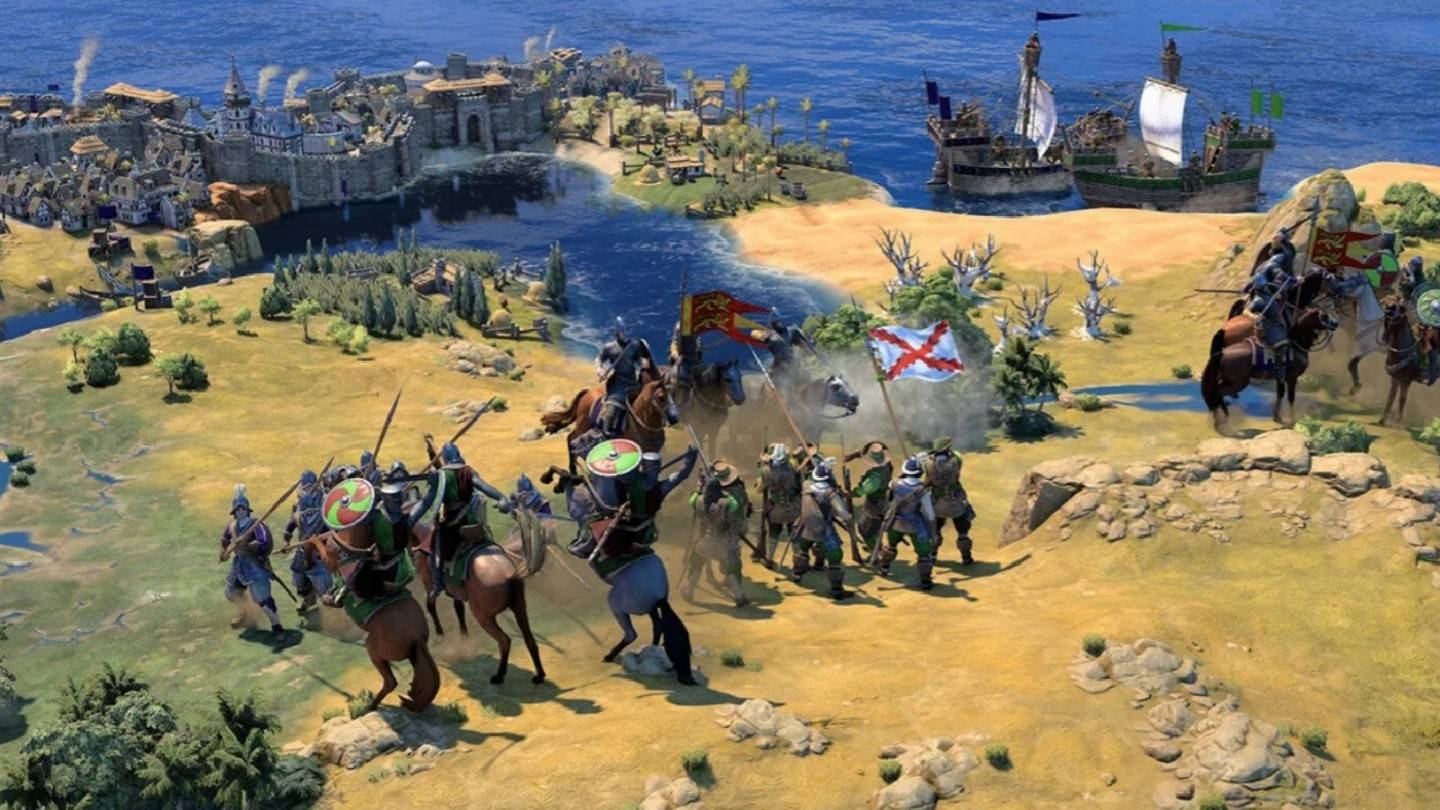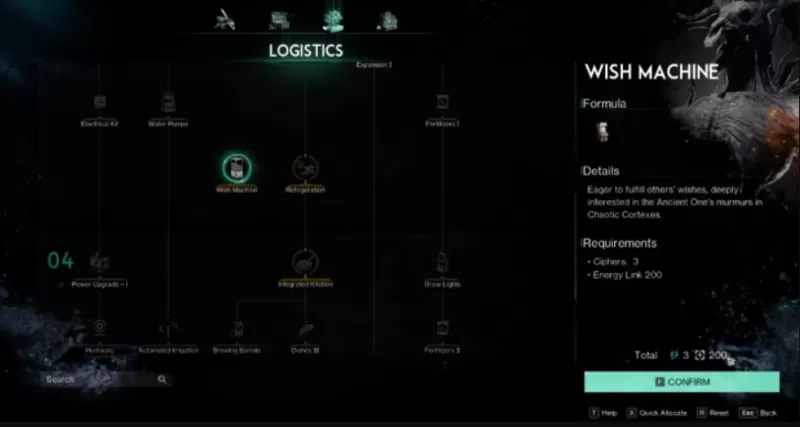
Sid Meier's Civilization VII initially faced criticism due to substantial gameplay alterations showcased in early demonstrations. However, final journalist previews suggest these innovations are both significant and satisfying for strategy game enthusiasts.
Civilization VII revolutionizes the established gameplay by integrating numerous mechanics. For instance, leader selection now incorporates a system rewarding frequently chosen rulers with unique bonuses. The game's structure around distinct eras, such as Antiquity and Modernity, offers isolated gameplay experiences within each period.
Key Features:
- Introduction of numerous novel mechanics to the series. The decoupling of leader and civilization selection adds strategic depth.
- Three distinct eras are available: Antiquity, Medieval, and Modern. Transitioning between eras feels akin to starting a new game.
- Dynamic civilization redirection is possible, enhancing gameplay flexibility.
- The elimination of laborers; cities now expand autonomously.
- Leaders possess unique perks unlocked through repeated play.
- Diplomacy functions as a valuable resource. Influence points facilitate treaties, alliances, and the denouncement of other leaders.
- AI performance remains suboptimal; cooperative play is recommended.
- Civilization VII is widely considered the most daring attempt to revamp the classic formula.









